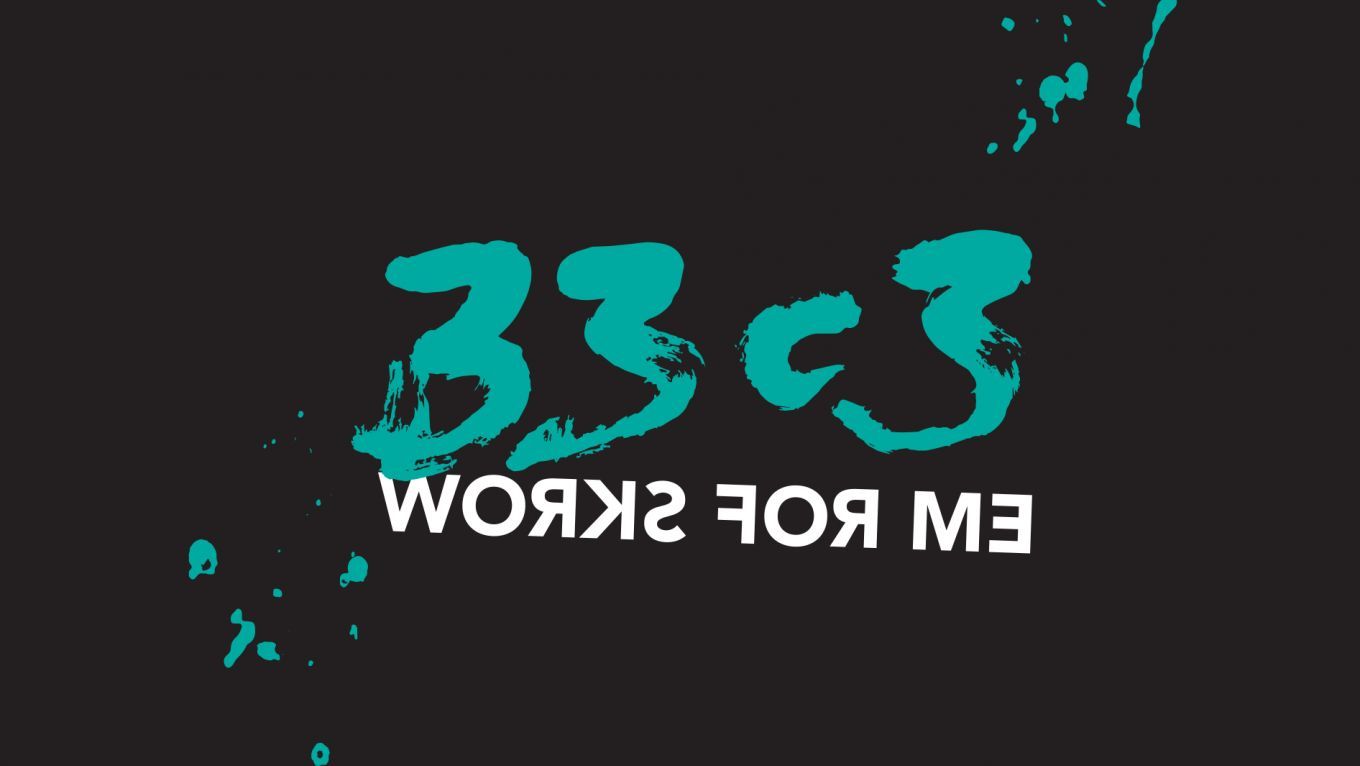Ethics, Society & Politics
Million Dollar Dissidents and the Rest of Us
Uncovering Nation-State Mobile Espionage in the Wild
December 29, 2016
11:30 AM – 12:30 PM Add to calendar
11:30 AM – 12:30 PM Add to calendar
Saal 1
In August 2016, Apple issued updates to iOS and macOS that patched three zero-day vulnerabilities that were being exploited in the wild to remotely install persistent malcode on a target’s device if they tapped on a specially crafted link. We linked the vulnerabilities and malcode to US-owned, Israel-based NSO Group, a government-exclusive surveillance vendor described by one of its founders as “a complete ghost”.
Apple’s updates were the latest chapter in a yearlong investigation by Citizen Lab into a UAE-based threat actor targeting critics of the UAE at home and around the world. In this talk, we will explain how Citizen Lab discovered and tracked this threat actor, and uncovered the first publicly-reported iOS remote jailbreak used in the wild for mobile espionage. Using the NSO case, we will detail some of the tools and techniques we use to track these groups, and how they try to avoid detection and scrutiny. This investigation is Citizen Lab’s latest expose into the abuse of commercial “lawful intercept” malcode.
We will begin the presentation with our discovery and investigation of a UAE-based threat actor we call Stealth Falcon, and explain how a small error in the operators’ operational security led us to a mobile attack infrastructure consisting of hundreds of servers, which we determined was associated with NSO’s Pegasus product. We will detail the Internet scanning we undertook to enumerate this infrastructure, and some techniques we used to try and find “live” exploit links.
It was through these techniques that we identified suspicious links sent via SMS to UAE human rights defender Ahmed Mansoor. We will describe how we caused the exploit server to “fire”, and how we determined that it served us a one-click zero-day iPhone remote jailbreak to deliver NSO’s Pegasus, a powerful and sophisticated piece of government-exclusive malcode.
We will outline the functionality of the exploit used against Mansoor, and the Pegasus surveillance malcode, and outline the collaborative research and responsible disclosure process to Apple that led to the out-of-band updates to iOS and macOS.
The proliferation of commercial tools for targeted digital surveillance presents a documented risk to activists and civil society. However, there is a silver lining for researchers in this proliferation: by reselling the same commercial “lawful intercept” tool and network infrastructure to multiple countries, and training operators in the same attack techniques, companies are creating patterns that we can use to identify surveillance across a wide range of different actors.
Using the Mansoor attack as a case study, we will provide a window into how researchers at Citizen Lab leverage and fingerprint these patterns to track nation-state level attacks against human rights defenders and journalists. Drawing on cases from the UAE and beyond, we will discuss how we work with targets and victims, conduct Internet scanning, and fingerprint C&C servers. We will conclude with a discussion of some trends that we have observed in commercial malcode sold to nation state actors.
Additional information
| Type | lecture |
|---|---|
| Language | English |
More sessions
| 12/27/16 |
As they say in the Air Force, ‚No comms no bombs‘, – A technician’s insight into the invisible networks governing military drones and the quest for accountability
|
| 12/27/16 |
Both strong end-to-end communications encryption and device encryption are legal in most jurisdictions today, and remain widely available. Yet software programmers and hardware producers are increasingly under pressure from law enforcement and policy makers around the world to include so-called backdoors in encryption products.
|
| 12/27/16 |
Polizeibehörden und Geheimdienste sammeln Daten der Bürger – mehr als je zuvor. Der Bestand an unterschiedlichen Datenbanken ist enorm gewachsen und geradezu unübersichtlich geworden. Aufgrund datenschutzrechtlicher Regelungen gibt es für etliche dieser Datenbanken einen gesetzlichen Auskunftsanspruch des Bürgers.
|
| 12/27/16 |
In early 2015, the Federal Bureau of Investigation hacked computers in Austria, Denmark, Chile, Colombia, Greece, and likely the United Kingdom and Turkey too. In all, the agency used a Tor Browser exploit to target over 4000 computers spread across the world based on a single, arguably illegal warrant.
|
| 12/27/16 |
This talk presents the results of the technical analysis for the German Parliamentary Committee investigating the NSA spying scandal on geolocation methods in mobile networks.
|
| 12/27/16 |
Nach drei Jahren wurde endlich die nutzerunfreundliche Praxis des Routerzwangs („Compulsory Routers“) gesetzlich für unzulässig erklärt, und aktuell treibt uns die EU-Funkabschottung („Radio Lockdown Directive“) um. Um was geht es dabei? Und was können wir daraus für andere Fälle lernen?
|
| 12/27/16 |
After three years the EU has for the first time new Net Neutrality rules. What do they mean in practice? Which commercial practices by ISPs are allowed and which have to be punished by the telecom regulator. We give an overview about three years of campaign and where we go from here.
|

